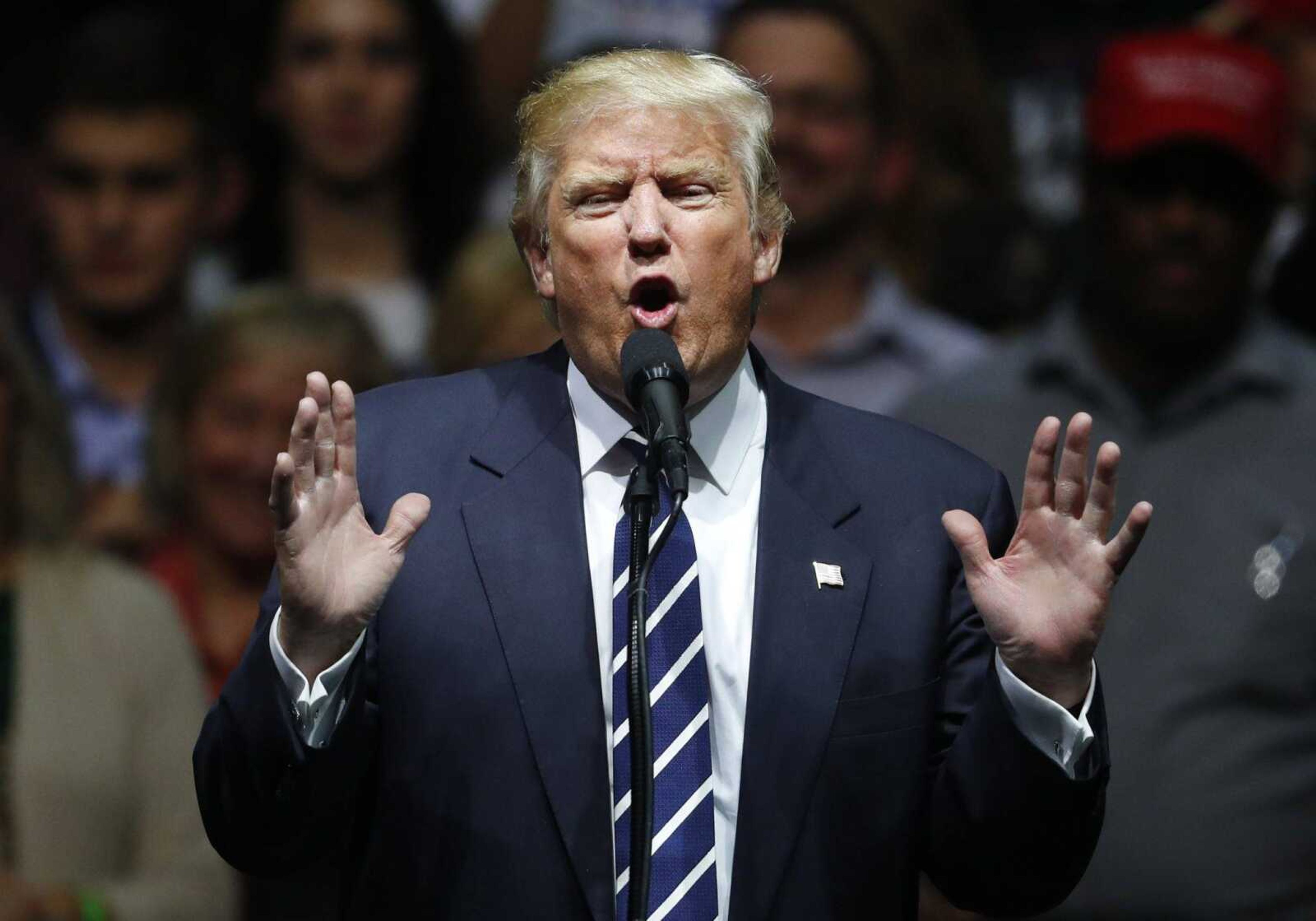WASHINGTON -- Donald Trump held firm Monday to his skepticism of the huge intelligence apparatus he's about to inherit, doubting anew the CIA conclusion Russia tried to hack its way into tipping the U.S. election his way.
Trump emphasized he does not accept the conclusion the Kremlin tried to disrupt the election in his favor, an idea he dismissed as "ridiculous" over the weekend.
He also demanded to know why the subject hadn't been raised before Election Day -- which it was, repeatedly.
The focus of reporting by leading news organizations, the issue has been in the headlines since at least June -- after hackers broke into computers at the Democratic National Committee, after WikiLeaks began publishing Hillary Clinton's campaign chairman's hacked emails in October and after the Obama administration blamed Russia's government, also in October.
"Unless you catch 'hackers' in the act, it is very hard to determine who was doing the hacking," Trump tweeted Monday. "Why wasn't this brought up before election?"
Trump himself had raised questions during a presidential debate in September about whose hackers were responsible, after Clinton blamed Russia.
"She keeps saying, 'Russia, Russia, Russia,' and maybe it was. It could be Russia, but it could be China, could also be lots of other people," Trump said. "It could be someone sitting on their bed that weighs 400 pounds."
Attempting to deflect blame from Russia, Trump has embraced one of the truisms about cybersecurity.
After a hacking, it remains a lingering challenge to identify whose hands were on the keyboard: foreign spies, cybercriminals, disgruntled insiders or bored teenagers. Skilled hackers can cover their tracks, use software tools traceable to others and feign their locations across borders or continents.
In the hacks against the Democrats, two U.S. cybersecurity firms found detailed evidence the intrusions were linked to Russian hackers.
The internet domains and registrants traced back to a hacking group, "Fancy Bear," linked to Russia's intelligence services. It's unclear whether other, classified evidence was uncovered.
Connect with the Southeast Missourian Newsroom:
For corrections to this story or other insights for the editor, click here. To submit a letter to the editor, click here. To learn about the Southeast Missourian’s AI Policy, click here.







